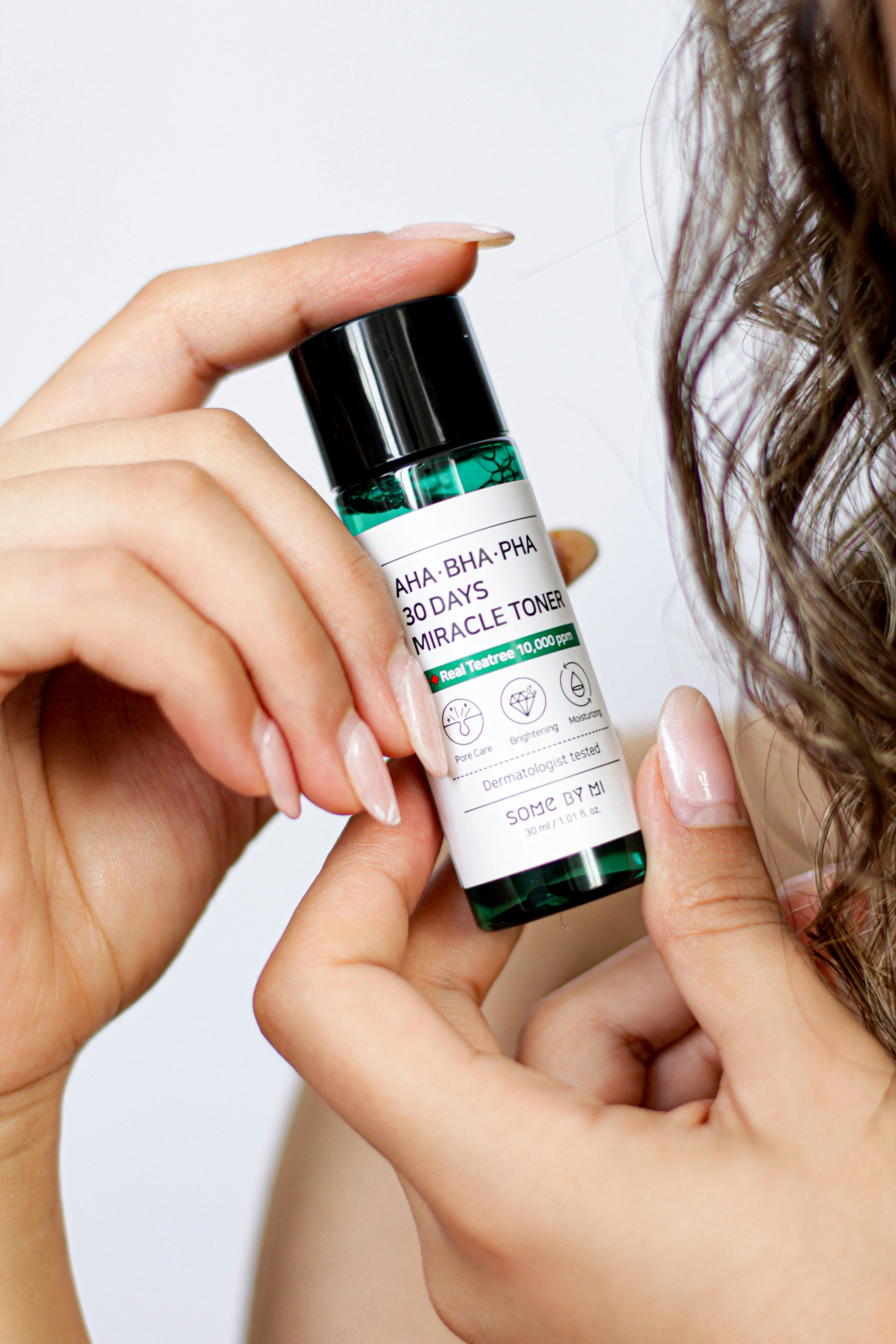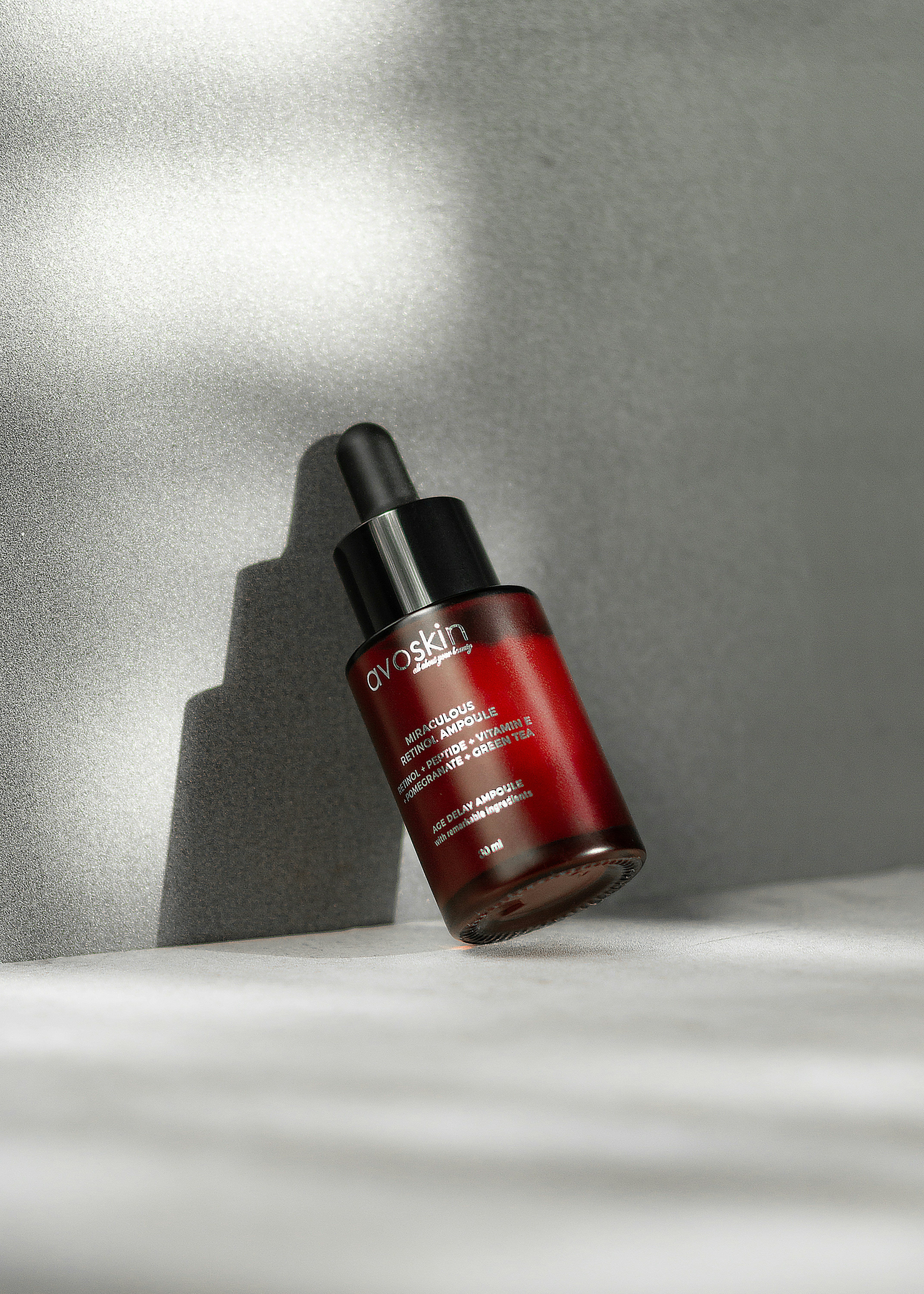What is Glycolic Acid and Its Role in Skin Rejuvenation?
Glycolic acid is a prominent member of the alpha hydroxy acids (AHAs) family, derived from sugarcane. This organic compound has gained considerable attention in the skincare industry due to its remarkable ability to promote skin rejuvenation. Glycolic acid is lauded for its gentle yet effective exfoliating properties. By facilitating the shedding of dead skin cells from the surface, it paves the way for new cell growth. This process of exfoliation is crucial in enhancing skin texture and overall tone.
The efficacy of glycolic acid largely resides in its small molecular structure, which allows it to penetrate the skin more effectively than many other exfoliants. Upon application, glycolic acid breaks down the bonds that hold dead skin cells together, allowing for a smoother and more luminous complexion. As a result, the skin appears more radiant, and the chances of clogged pores leading to acne are significantly reduced.
One of the primary benefits of glycolic acid in skin rejuvenation is its ability to diminish the appearance of fine lines and wrinkles. By encouraging cell turnover, it helps to stimulate collagen production, an essential protein that contributes to skin elasticity and firmness. Furthermore, glycolic acid is effective in addressing uneven pigmentation and acne scars. The consistent application can lead to a more uniform skin tone, creating a refined appearance.
In addition to these benefits, glycolic acid also aids in improving skin hydration levels. It not only exfoliates but also works to retain moisture within the skin. This dual action makes it an invaluable ingredient in various skincare formulations, particularly for individuals seeking a bright and revitalized complexion. Through its multifaceted approach, glycolic acid continues to establish itself as a cornerstone in the realm of skin rejuvenation.
Finding the Right Concentration of Glycolic Acid for Your Skin
When considering glycolic acid for skincare, understanding the concentration of this ingredient is crucial. Glycolic acid, an alpha hydroxy acid (AHA), comes in various concentrations typically ranging from 5% to 30% in over-the-counter products. Each concentration serves a unique purpose and is suited to different skin types and concerns. For individuals new to glycolic acid, starting with a low concentration of around 5% is generally recommended. This level gently exfoliates the surface layer of the skin, making it ideal for those who wish to experience the benefits of glycolic acid without overwhelming their skin.
As users become more accustomed to glycolic acid, they may consider increasing the concentration to 10% or 15%. These mid-range concentrations offer a more pronounced exfoliating effect, suitable for addressing concerns such as uneven skin tone, fine lines, and mild acne. However, it is essential to monitor skin tolerance; some individuals may experience irritation or sensitivity with these concentrations. Therefore, if signs of irritation occur, it may be beneficial to revert to a lower concentration until the skin adjusts.
For experienced users or those dealing with more severe skin issues like hyperpigmentation or significant aging signs, higher concentrations of glycolic acid, such as 20% to 30%, may be appropriate. These concentrations are often found in professional treatments or specific targeted skincare products. Nevertheless, caution is advised as they can lead to increased skin sensitivity and possible adverse reactions. It is advisable to incorporate such products gradually and to consult a dermatologist to ensure the chosen concentration aligns with skin type and condition.
Benefits of Glycolic Acid for Skin: A Pointwise Description
Glycolic acid, an alpha-hydroxy acid (AHA), offers a multitude of benefits for skin rejuvenation and overall health. Below are key advantages stemming from its application:
1. Promotes Collagen Production: Glycolic acid is renowned for its ability to penetrate the skin deeply, stimulating the production of collagen. Collagen is essential for maintaining skin elasticity and firmness, resulting in a more youthful appearance. This natural boost helps minimize fine lines and wrinkles over time.
2. Improves Skin Hydration: By enhancing the skin’s ability to hold moisture, glycolic acid promotes improved hydration levels. This leads to a plumper and more resilient skin texture. Increased hydration is also effective in combating dryness and flakiness, ensuring a smooth and supple complexion.
3. Reduces Hyperpigmentation: Glycolic acid is effective in addressing uneven skin tone and hyperpigmentation. It works by exfoliating the top layer of dead skin cells, allowing for the emergence of fresh, new skin underneath. This process helps diminish dark spots, sun damage, and discoloration, resulting in an even skin tone.
4. Addresses Acne: Known for its exfoliating properties, glycolic acid aids in unclogging pores and reducing the severity of acne. By removing dead skin cells from the surface, it decreases the likelihood of breakouts and promotes clearer skin over time.
5. Minimizes Pore Size: Regular use of glycolic acid not only clears impurities but also contributes to the appearance of smaller pores. As the skin texture improves, enlarged pores become less noticeable, leading to a smoother and more refined complexion.
Overall, these benefits underscore the effectiveness of glycolic acid as a powerful ingredient in promoting skin health and rejuvenation. Its diverse range of positive effects makes it a valuable addition to many skincare routines.
Debunking Myths About Glycolic Acid Use
Glycolic acid is one of the most popular alpha hydroxy acids (AHAs) used in skincare for its exfoliating properties, yet there are several myths surrounding its use that often discourage individuals from incorporating it into their routine. One prevalent misconception is that glycolic acid is unsafe for sensitive skin. While it is true that those with reactive skin should approach glycolic acid cautiously, many products are formulated specifically for sensitive skin types and can be beneficial. The key lies in choosing the right concentration and formulation, as well as conducting a patch test before full application.
Another myth suggests that glycolic acid should only be used at night. While it is generally recommended to apply glycolic acid products in the evening to minimize sun sensitivity, this does not mean daytime use is completely off-limits. Many modern formulations contain SPF or are designed to be safe for daytime application, provided sun protection measures are taken. Users should, however, be vigilant about reapplying sunscreen during the day when using glycolic acid, as it can increase the skin’s sensitivity to UV rays.
Furthermore, there is a misunderstanding about glycolic acid’s effectiveness when combined with other skincare ingredients. Some believe that mixing glycolic acid with other actives, such as retinol or Vitamin C, renders it ineffective. However, many dermatologists affirm that these combinations can be synergistic, enhancing the overall efficacy of the products. The critical factor is to layer products correctly, allowing adequate time between applications to prevent irritation.
When evaluating the effectiveness of glycolic acid products, consider factors such as formulation quality, concentration, and personal skin type. By dispelling these myths, it becomes easier to effectively integrate glycolic acid into a skincare regime, reaping the benefits of this powerful ingredient.

